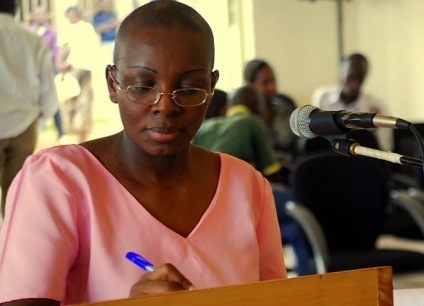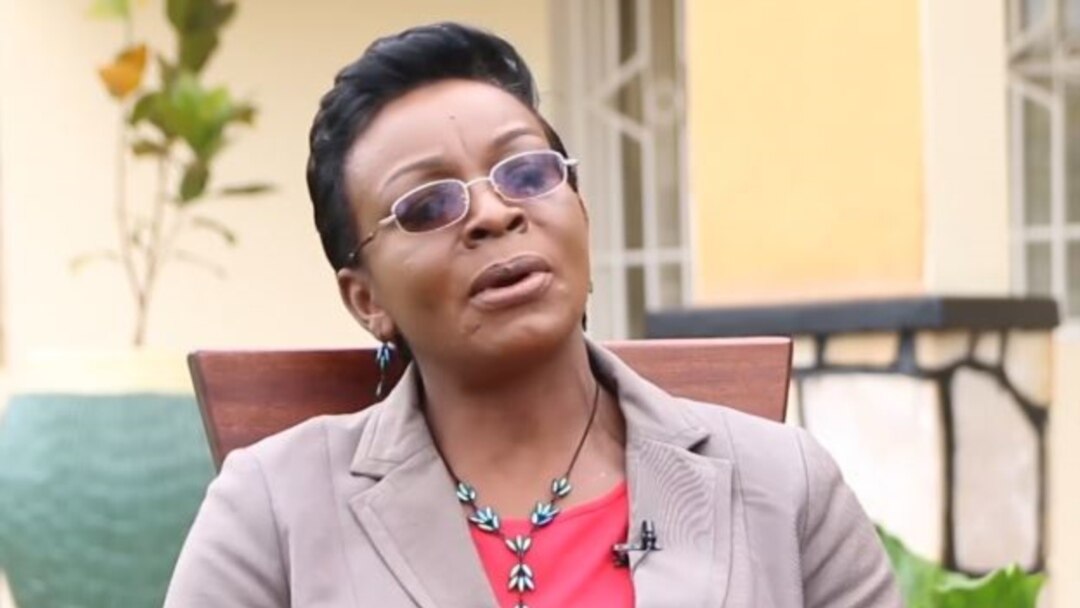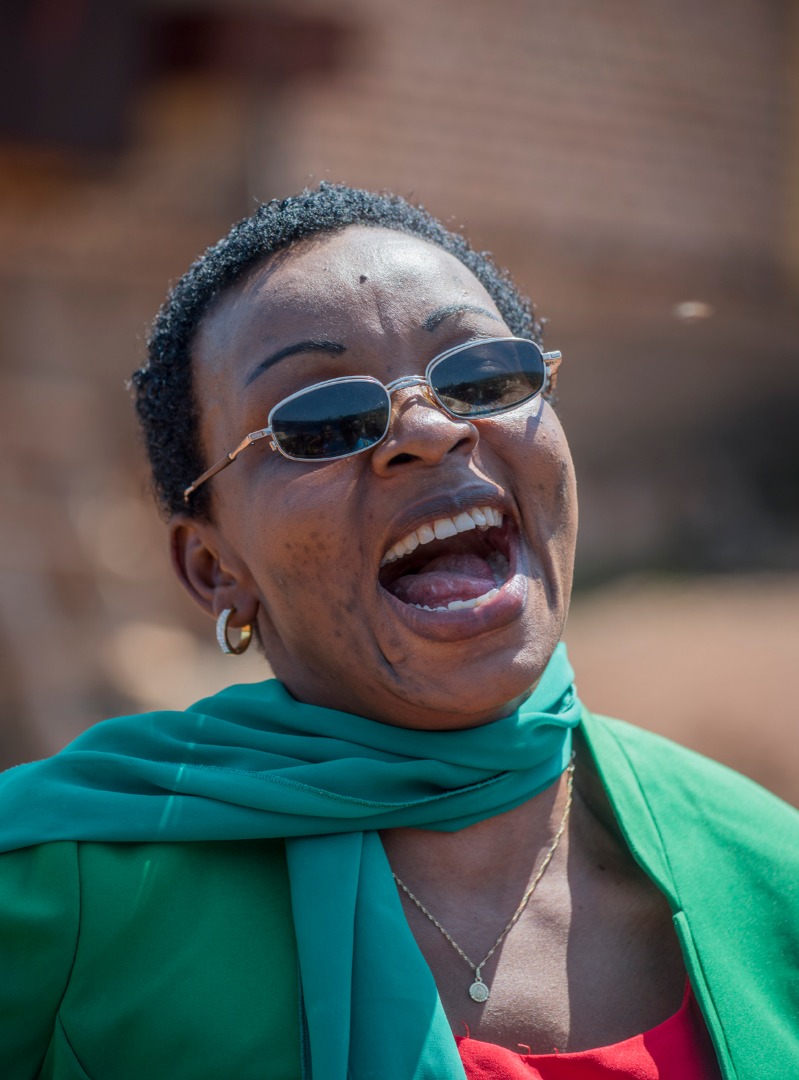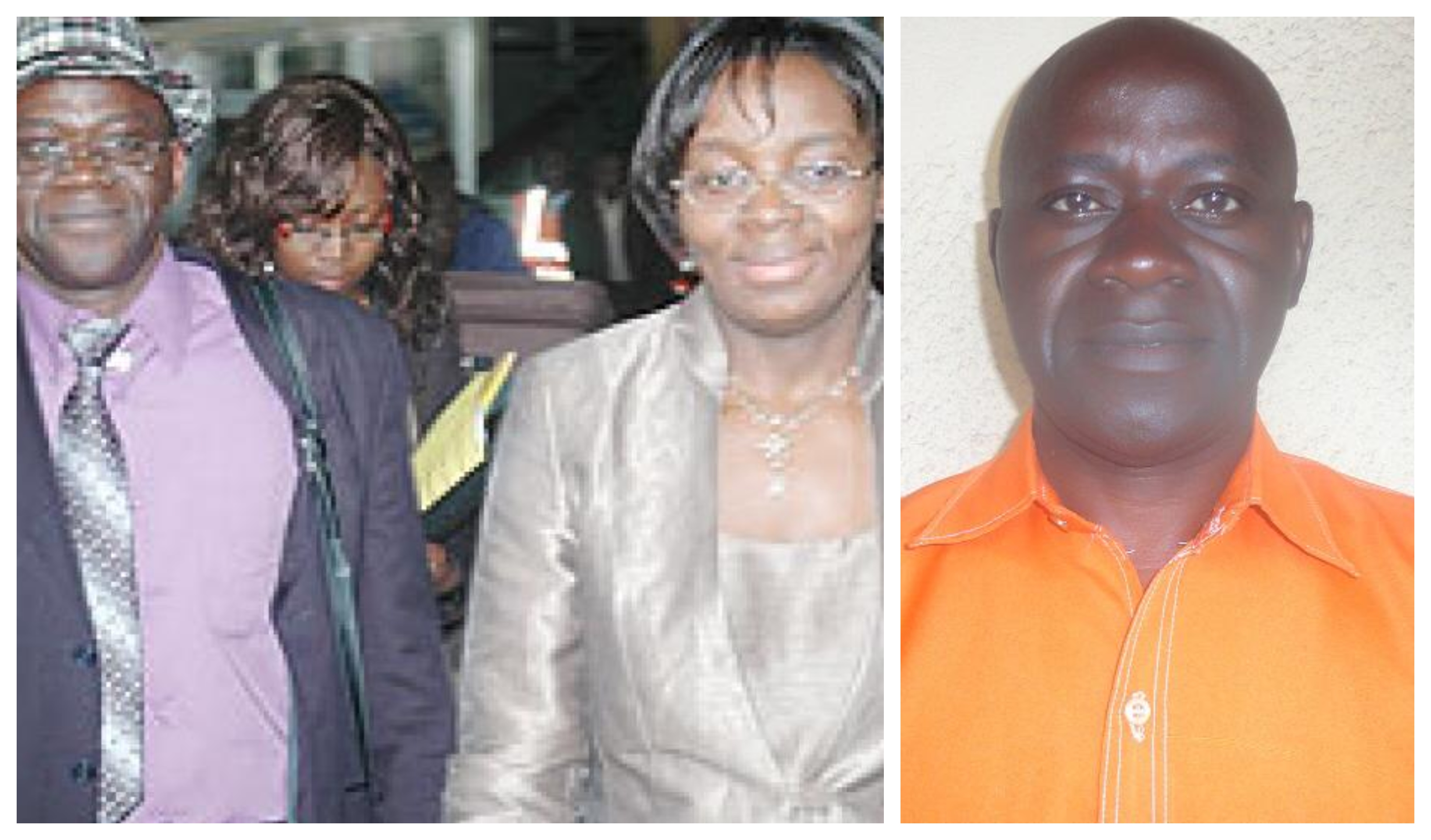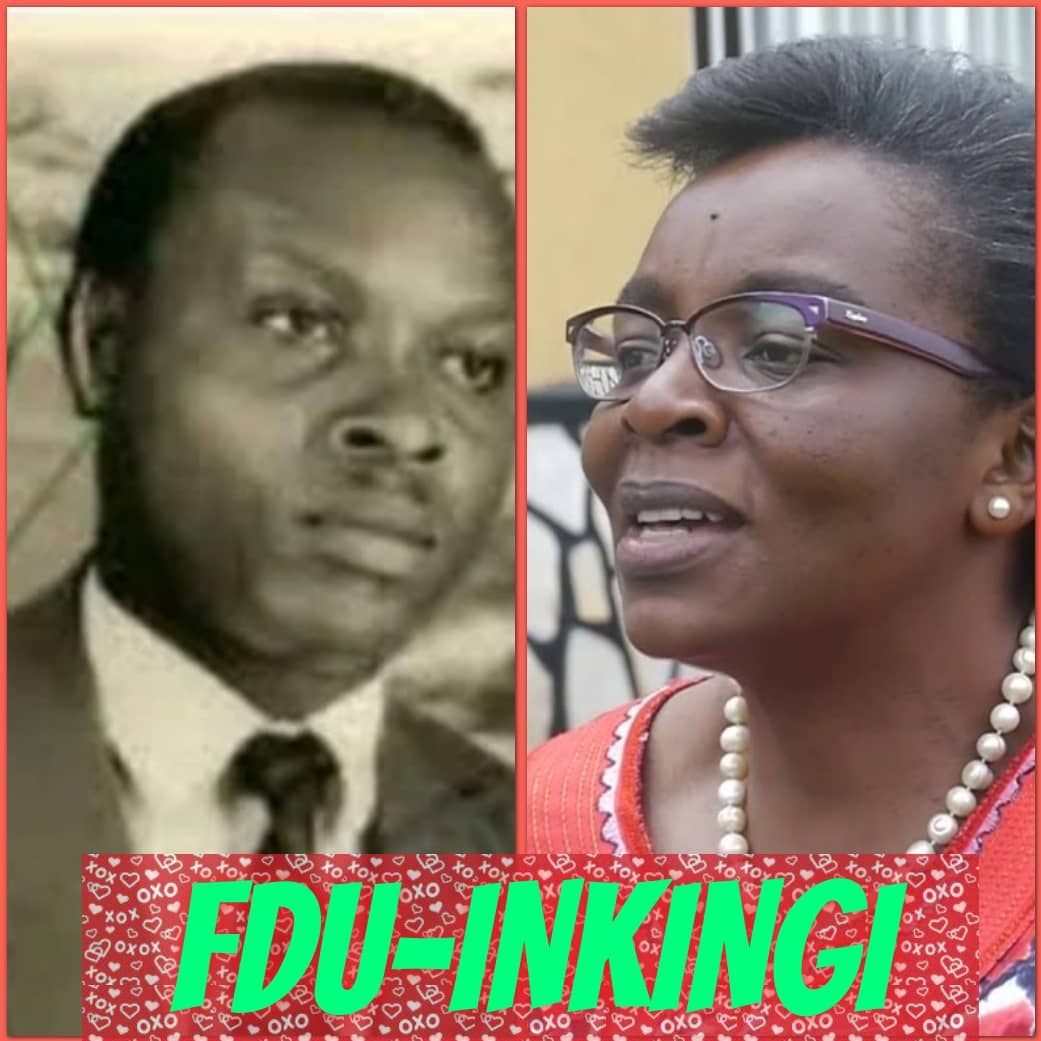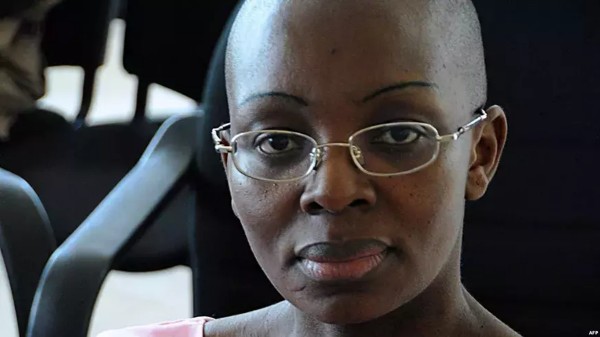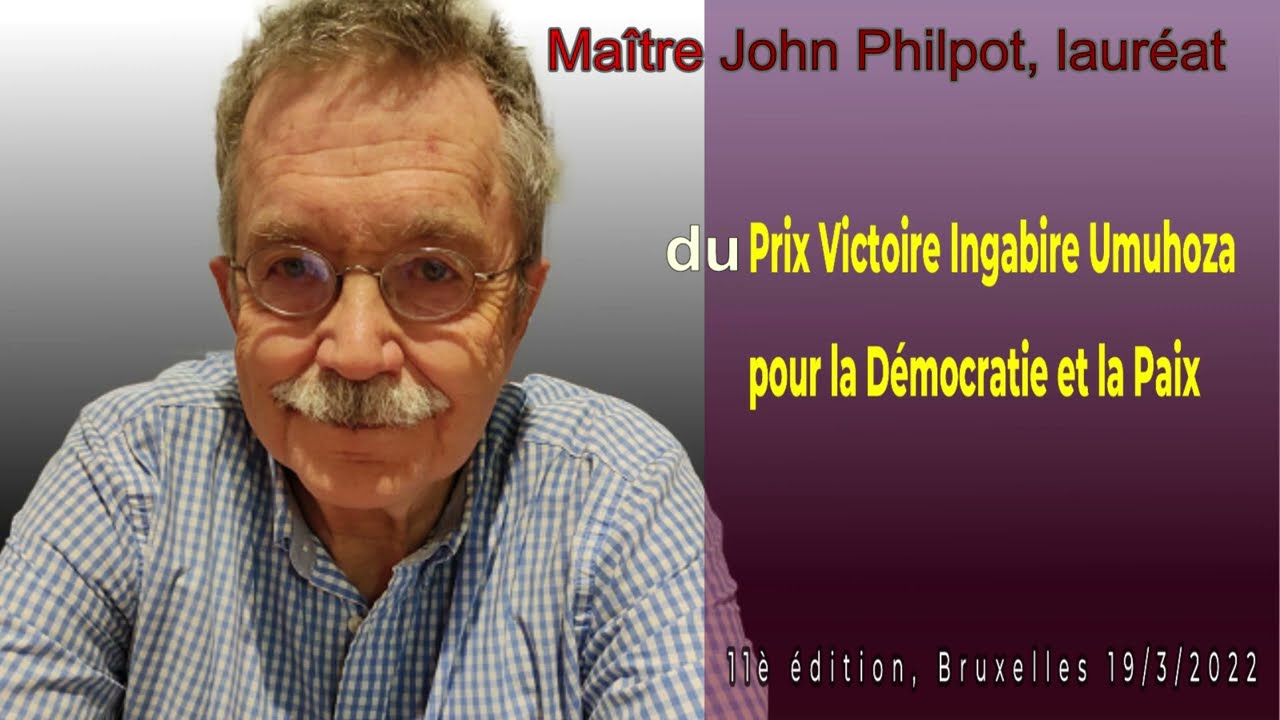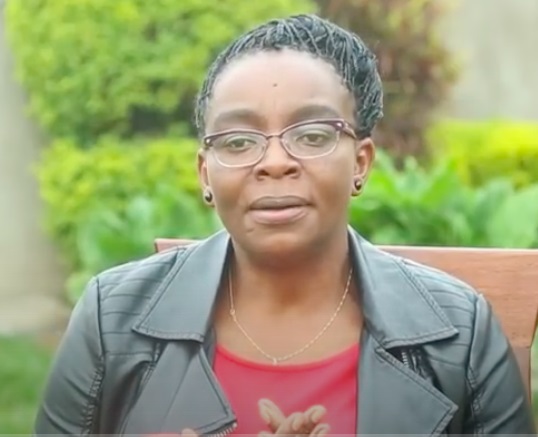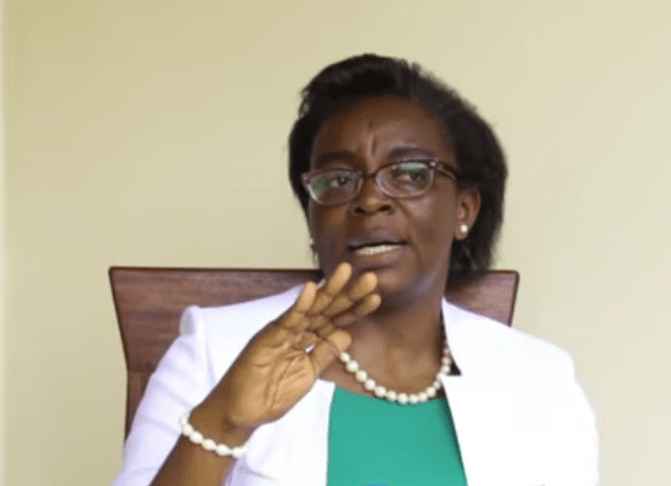Regional
Ingabire has no moral authority to discuss Rwanda’s unity, reconciliation
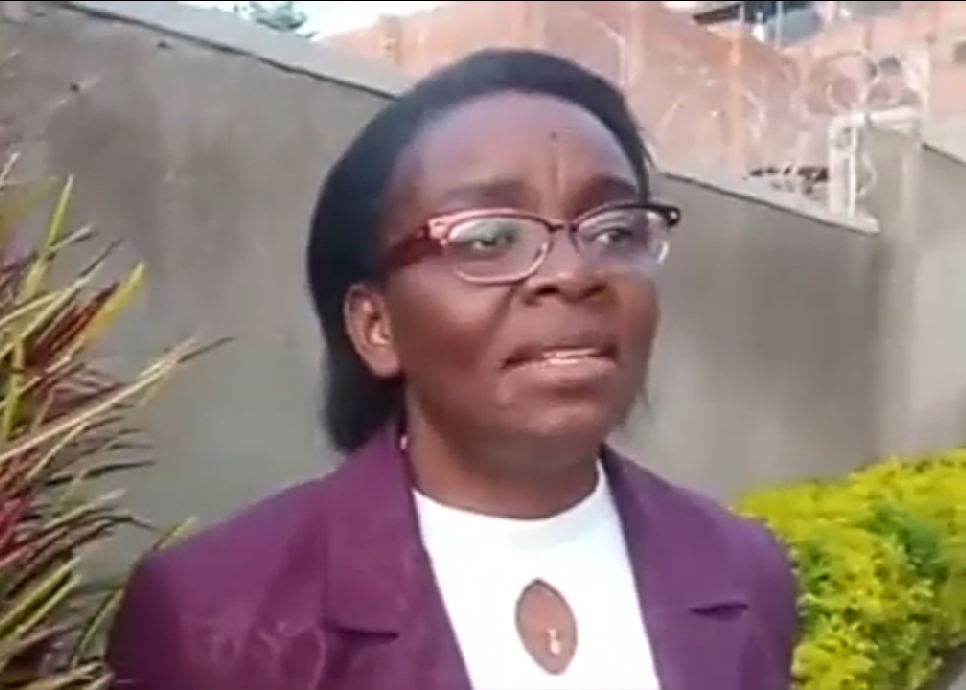
During
a recent BBC World Questions debate on Rwanda, Victoire Ingabire, a convicted
genocide ideologue, was invited to discuss the reconciliation process following
the genocide against the Tutsi in 1994.
Soon
after the interview was published, Rwandans expressed their frustration with BBC
over inviting someone who lacks the moral authority to engage in discussions on
unity and reconciliation in Rwanda because her actions and beliefs contradict
these principles.
Ingabire’s
parents and husband were convicted by Gacaca courts, in absentia, for their
role in the 1194 Genocide against the Tutsi. They have all managed to evade
justice and are comfortably living in The Netherlands.
Although
Ingabire was abroad for her studies during the 1994 genocide, her upbringing
and affiliations trace back to the Hutu Power ideology, and she vehemently
opposes the unity and reconciliation efforts in Rwanda.
Following
the defeat of the genocidal regime, Ingabire, along with other Hutu Power
members, refused to accept the government unity led by RPF Inkotanyi and became
politically active against it. She eventually assumed leadership of an
organization founded by Gen Augustin Bizimungu, who was sentenced to 30 years
in prison by the International Criminal Tribunal for Rwanda (ICTR).
Ingabire
was appointed, in 1998, as the Netherlands coordinator of the Rally for the
Return of Refugees and Democracy in Rwanda (RDR), a ‘political party’ formed in
Mugunga refugee camp in former Zaire, now DRC. She was appointed by the
masterminds of the genocide against the Tutsi whose armed wing comprising
ex-FAR and Interahamwe militias remained active in the refugee camps. Ingabire's
main objective as RDR leader was to deny the genocide against the Tutsi. She
sought to portray the victims as perpetrators and acted as a diplomatic envoy
for génocidaires in Europe, seeking assistance to return to Rwanda by any means
necessary.
In
August 2000, during the third RDR congress in Bonn, Germany, Ingabire was
elected President of the RDR whose founding fathers were notorious genocide
masterminds and ideologues, Col Theoneste Bagosora and Dr Ferdinand
Nahimana. Just like RDR, FDU-Inkingi - the party Ingabire founded in 2006
as she sought to rebrand and hide her sinister agenda - is made of genocide
fugitives
Ingabire
made several alarming statements that further highlight her anti-reconciliation
stance. During a speech at Nijmegen University in Belgium on June 2, 2006, she
claimed that the genocide was a tool used by the Rwandan Patriotic Front to
silence media and opponents. She accused the RPF of planning the genocide from
Uganda and exporting it to the Democratic Republic of Congo.
In a
communiqué released on April 1, 2007, Ingabire stated that Rwandans were
killing each other, labeling all of them as villains.
After
living in the Netherlands for 16 years, Ingabire returned to Rwanda in January
2010 to register her genocidal party, FDU-Inkingi, and contest in the
presidential elections.
Upon
landing, she visited Kigali Genocide Memorial Centre where she delivered a
speech questioning why there is a memorial of the Genocide against the Tutsi
only while – according to her – there were Hutu victims also to be remembered.
“This memorial
limits itself to the victims of the Genocide against the Tutsi. There is no
memorial for the victims of the genocide that was perpetrated against the Hutu,
who are also suffering,” Ingabire said before asking: “When is our turn?”
The double
genocide theory is not new.
It is common
tactic used by genocide deniers is to relativize genocide by pointing to other
crimes that might have been committed although they are not classified as
genocide. It is not different from a Neo-Nazi saying that Holocaust memorials
limit themselves to Jews victims and do not include Germans who died during
World War II.
How
can anyone assume that someone with double genocide ideology can speak about
reconciliation? Ingabire’s genocide ideology,
her collaboration with terrorist groups and conspiracy against the government,
got her arrested three months after arriving in Rwanda. In 2012, Ingabire was
found guilty of terrorism, genocide denial and planning to cause state insecurity.
She was sentenced to 15 years, but released on presidential pardon after
serving eight.
Ingabire
used her political party, FDU-Inkingi, to legitimize and protect genocide
fugitives. Numerous fugitives who were tried or extradited to Rwanda from
European countries were found to be members of FDU-Inkingi.
Her
actions aimed to shield genocide ideologues and criminals – they claim the
accusations against them are politically motivated because they are opposition
politicians – from justice, posing a significant challenge to the
reconciliation process.
Ingabire's
adherence to the Hutu Power ideology, promotion of the double genocide theory,
and defense of genocide fugitives undermine Rwanda's progress in unity,
reconciliation, and development.
Her
continual dissemination of falsehoods and sabotage of Rwanda's efforts render
her irrelevant to discussions on the country's unity and reconciliation process
on any media platforms.
Today,
Rwanda's achievements in these areas have garnered international recognition,
serving as an example for other post-conflict nations who conduct regular study
tours in Rwanda.



.jpg-20221102100150000000.jpg)
